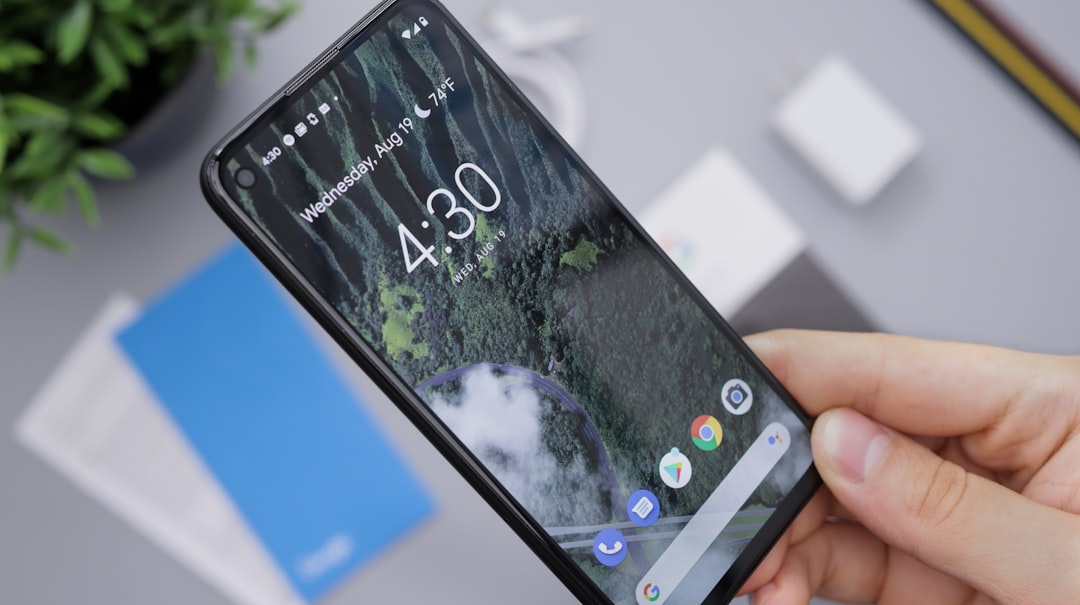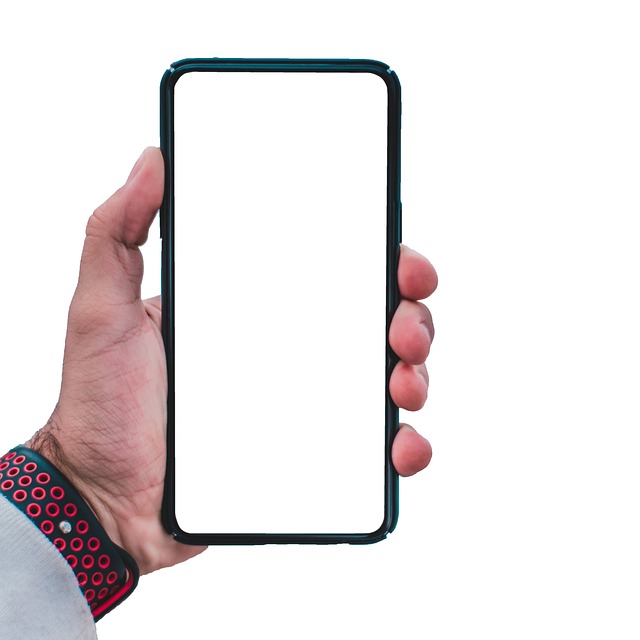South Dakota's autodialer laws protect consumers from unwanted calls through regulations like the Telemarketing Act and TCPA. Healthcare providers using autodialers need explicit consent, call restrictions, opt-outs, and telecommunications law expertise to maintain trust and avoid legal issues. Autodialer law firms guide organizations through these complexities, enhancing patient relationships and ethical marketing practices. By adhering to stringent regulations, firms enable effective communication for improved healthcare outcomes while connecting with underserved populations.
In the digital age, healthcare providers in South Dakota are increasingly leveraging autodialers for patient engagement. However, navigating the regulatory landscape and ensuring ethical practices is paramount. This article delves into the best practices for using autodialers within the state’s healthcare industry. We explore legal considerations for law firms utilizing these tools, offer guidelines for compliant and ethical dialing, and discuss strategies to enhance patient engagement through strategic autodialing, all tailored to South Dakota’s regulations.
Understanding Autodialer Regulations in South Dakota

In South Dakota, the use of autodialers is regulated by state laws and industry standards designed to protect consumers from unwanted or intrusive communications. The Telemarketing Act, part of the state’s Consumer Protection Code, outlines specific guidelines for businesses using autodialing systems, particularly in the healthcare sector. These regulations include restrictions on calling times, requirements for opt-out mechanisms, and prohibitions against certain types of marketing calls. Law firms specializing in telemarketing compliance in South Dakota can provide invaluable guidance to healthcare organizations navigating these rules.
Understanding and adhering to these autodialer laws is crucial for healthcare providers to maintain consumer trust and avoid legal repercussions. By ensuring compliance, businesses can enhance their reputation, foster better patient relationships, and contribute to a more responsible and ethical marketing environment in South Dakota. This includes properly registering autodialing systems with the state and obtaining necessary permissions before making automated calls.
Legal Considerations for Law Firms Using Autodialers

When law firms in South Dakota adopt autodialers for outreach and communication, they must navigate a range of legal considerations to ensure compliance with state and federal regulations. The primary concern revolves around the Telephone Consumer Protection Act (TCPA), which restricts automated phone calls and texts, except under specific circumstances. Law firms using autodialers must obtain explicit consent from recipients before initiating contact, ensuring that their marketing or outreach efforts do not infringe upon consumer privacy rights.
Additionally, South Dakota’s state laws regarding telemarketing and consumer protection should be carefully reviewed. Firms must adhere to rules around call timing, identification, and recording, as well as provide a mechanism for opt-out requests. Legal professionals are advised to consult with experts in telecommunications law to navigate these complexities, ensuring their autodialer practices not only comply with regulations but also maintain the integrity of legal communications within the healthcare industry.
Best Practices for Ethical and Compliant Dialing

Using autodialers in South Dakota’s healthcare industry requires a careful balance between effective communication and ethical considerations. Law firms utilizing autodialers must adhere to strict regulations aimed at protecting consumers from unwanted or abusive calls. One of the best practices is to obtain explicit consent from patients before initiating automated calls, ensuring compliance with the Telephone Consumer Protection Act (TCPA). This involves clear opt-out mechanisms, allowing individuals to easily discontinue receiving automated messages.
Additionally, personalized and relevant content is key. Healthcare providers should tailor their autodialer campaigns to specific patient needs, avoiding generic or pre-recorded messages that could be perceived as intrusive. Regular monitoring of call data and feedback from recipients can help identify potential issues, ensuring compliance with local autodialer laws in South Dakota while maintaining patient satisfaction.
Enhancing Patient Engagement with Strategic Autodialing

In South Dakota’s healthcare industry, enhancing patient engagement is paramount for maintaining high standards of care and ensuring patient satisfaction. Strategic use of autodialers can significantly boost this engagement by facilitating efficient communication with patients. These automated calling systems allow healthcare providers to reach out to patients promptly, reminding them about appointments, providing important health updates, or offering follow-up care instructions. By integrating autodialers into their operations, law firms and healthcare institutions in South Dakota can improve patient compliance and outcomes.
Autodialers also enable personalized interactions at scale, ensuring that each patient receives tailored information relevant to their needs. This strategic approach not only saves time and resources but also fosters stronger relationships between patients and providers. In a state with diverse healthcare needs, like South Dakota, such technology proves invaluable in connecting with rural populations or individuals with limited access to care, thereby promoting better public health outcomes.






